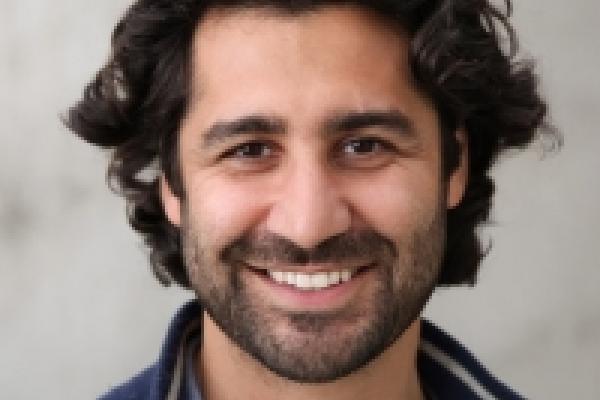
Seminar Series: Quantum Information
Friday, November 22
Physics Research Building, Room 4138
Maissam Barkeshli, University of Maryland
Title: Universal logical gate sets on encoded qubits using constant depth unitary circuits
Abstract: A basic question in the theory of fault-tolerant quantum computation is to understand the fundamental space-time overhead required for performing a universal logical set of gates on encoded qubits to arbitrary accuracy. In this talk, Dr. Barkeshli will demonstrate how braiding and Dehn twists in arbitrary (Abelian and non-Abelian) topological codes can be implemented through constant depth unitary circuits, where the depth is independent of the code distance. These circuits consist of a local constant depth unitary circuit followed by a permutation on physical qubits. When applied to the Fibonacci Turaev-Viro codes, they provide the first example of a universal logical gate set through constant depth unitary circuits. Other methods require either measurements, with follow-up gate operations that depend on the results of those measurements, or require local unitary circuits whose depth increases linearly with code distance. Our results can be extended to the context of hyperbolic Turaev-Viro codes as well, which have constant space overhead (constant rate encoding). Dr. Barkeshli will discuss the fault-tolerance properties of these circuits, and how they provide some of the most optimal schemes to date in terms of space-time overhead for universal fault-tolerant quantum computation.
This event is free and open to the public.
